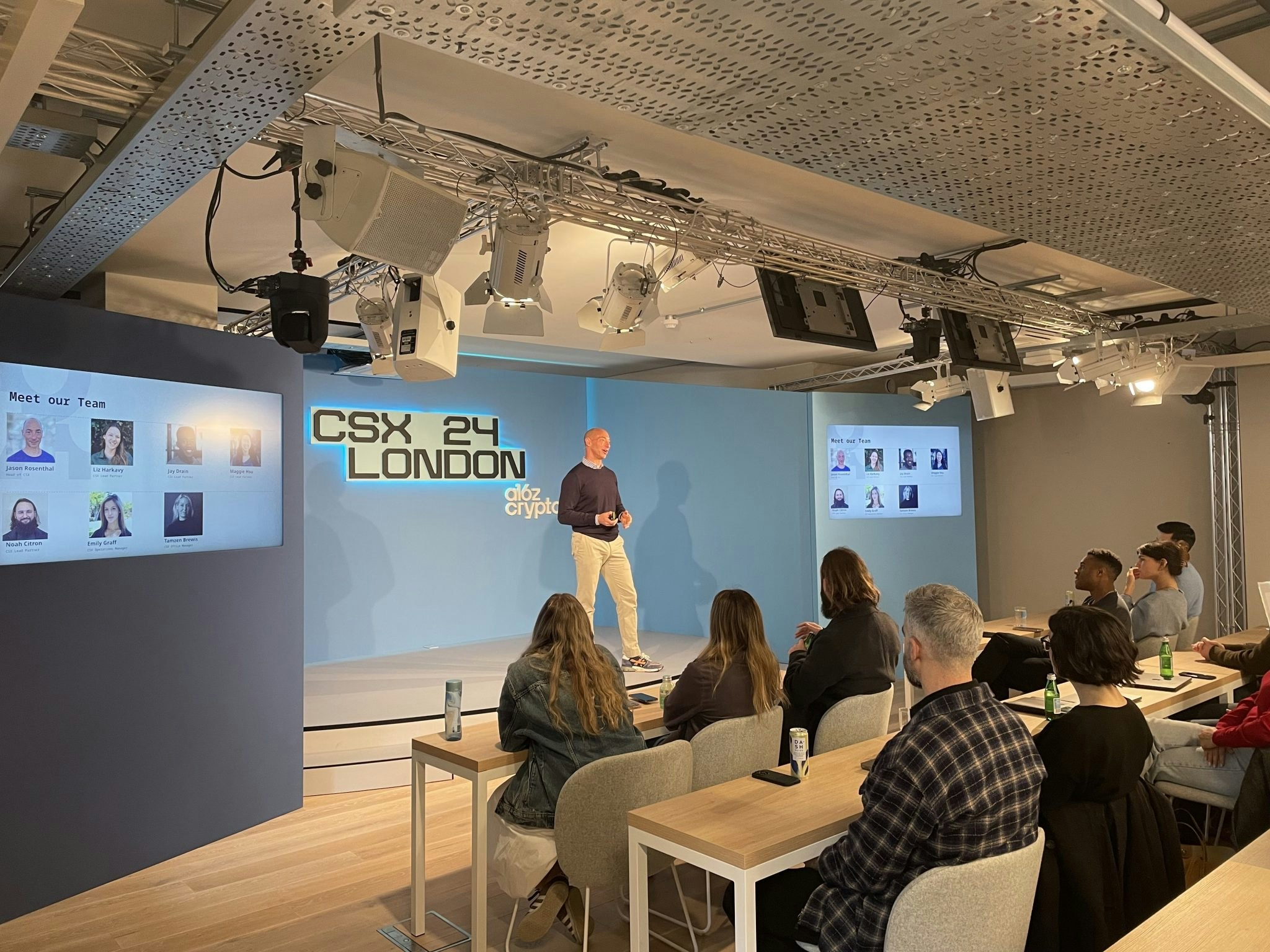Klarna's valuation is being pummelled, but last week UK buy now, pay later (BNPL) rival Zilch announced a $50m extension to the $110m Series C it raised in November. Its valuation remains $2bn — and it's doubling down on expansion to the US. We caught up with CEO and cofounder Philip Belamant to find out if — and how — it's bucking the current sector trend.
Was the bridge round always the plan?
Obviously, the BNPL space is a bit contentious right now. Big businesses in the space have been catching headlines with down rounds, so we were getting a bunch of phone calls from investors asking us what was happening with Zilch. We told them that since our last round in November we’ve more than doubled every metric in our company — revenues, top-line sales and customer count.
👉 Read: Can Klarna and its rivals survive an economic downturn?
We don’t know how long this "winter" is going to last, so the raise gives us more options for hiring, potential acquisitions and expansion — the US is expensive!
Where are you at on the regulatory side of things in the US?
We've already got a California lending licence that allows us to do reciprocal lending in about 60% of other states. Plus we have a bank partnership deal with Cross River, so we have the protection of a federal licence as well. We're operating first and foremost at a federal level, but are going to be accumulating state licences along the way as well.
In May Klarna announced it had signed a deal to send payment data to credit rating agencies. What's your take on credit reporting?
I’m sure [Klarna] have been smart and come up with a good way to do it, but we need to be careful. In the UK your credit score is affected by how credit hungry you look and how utilised you look. With BNPL, every time you use the plugin on the checkout page it's a credit application. If that was fed into the traditional credit scoring model you’re going to look really hungry, and your score is going to go down.
Then, of course, with BNPL you’re going to utilise the full cost on a product purchase, which could also bring your score down. So we’re working with Experian to figure out how we can create a new category for BNPL that doesn’t just force the data into the traditional model.
Charities have said that offering BNPL for groceries is unethical in a cost of living crisis, with debt advice charity StepChange saying that paying for food on credit was a sign of problem debt. What would you say to this?
If you look at Barclays’ credit card data, a third of all purchase value today is on essentials. No one's talking about that. It makes no sense to say they can pay for a pair of shoes that is going to end up in a landfill in six months but they can’t use free credit to pay for their family’s meal; that's what people should use this for. Paying 20-plus percent APR on these credit cards is criminal. We need people migrating away from those higher-cost forms of credit and using products like Zilch.
This interview originally appeared in our fintech newsletter — you can sign up here.
Amy O’Brien is Sifted’s fintech reporter. She tweets from @Amy_EOBrien and writes the above fintech newsletter (!)


